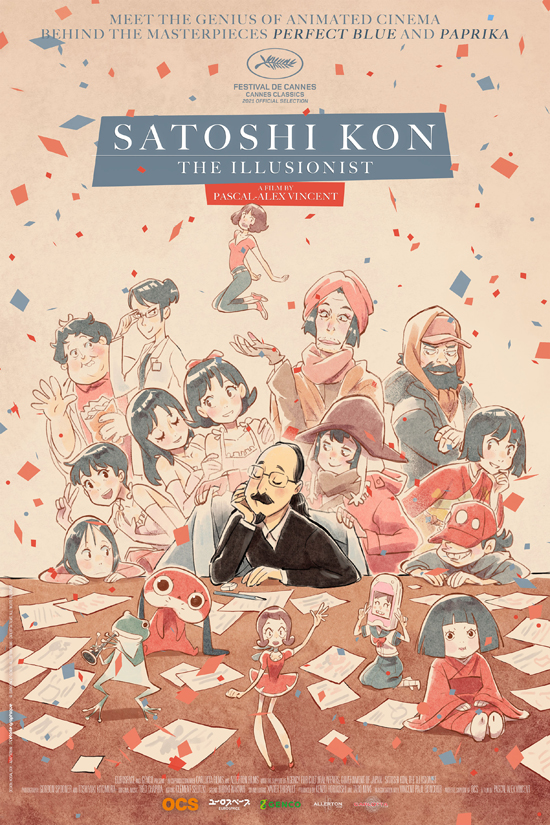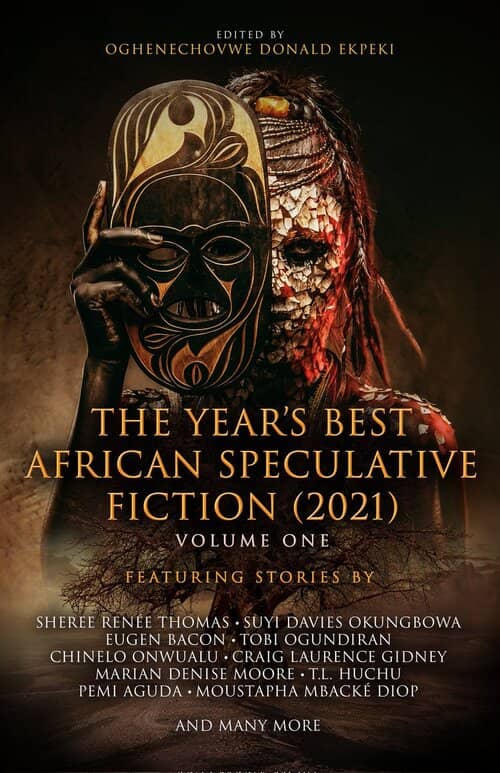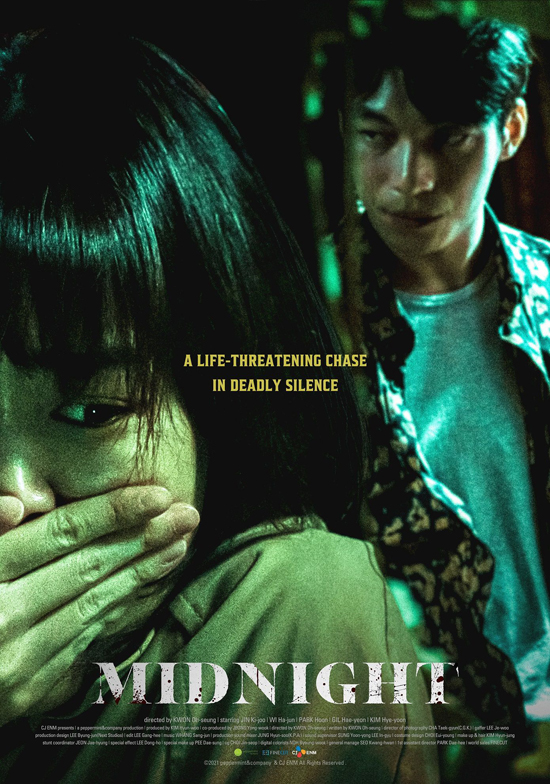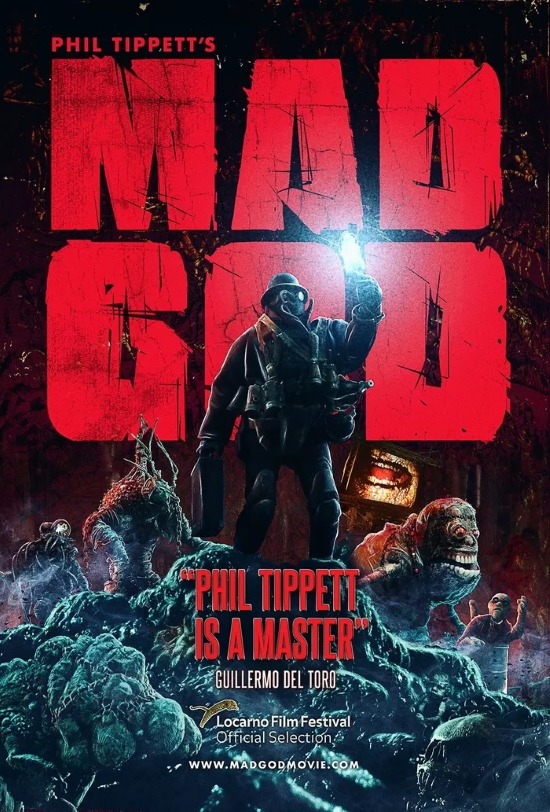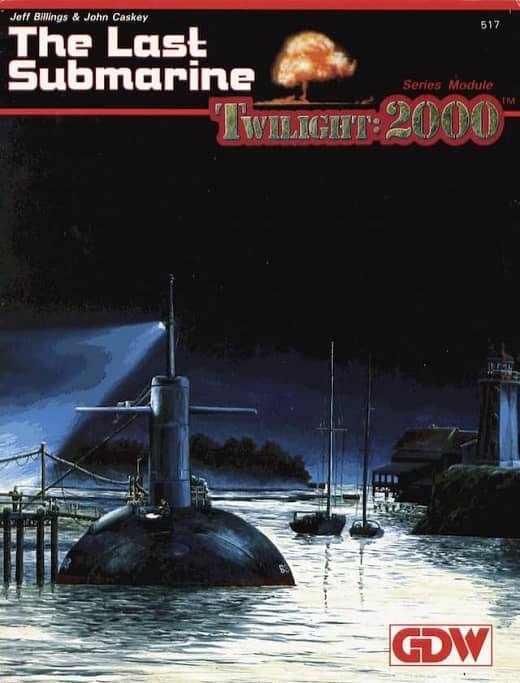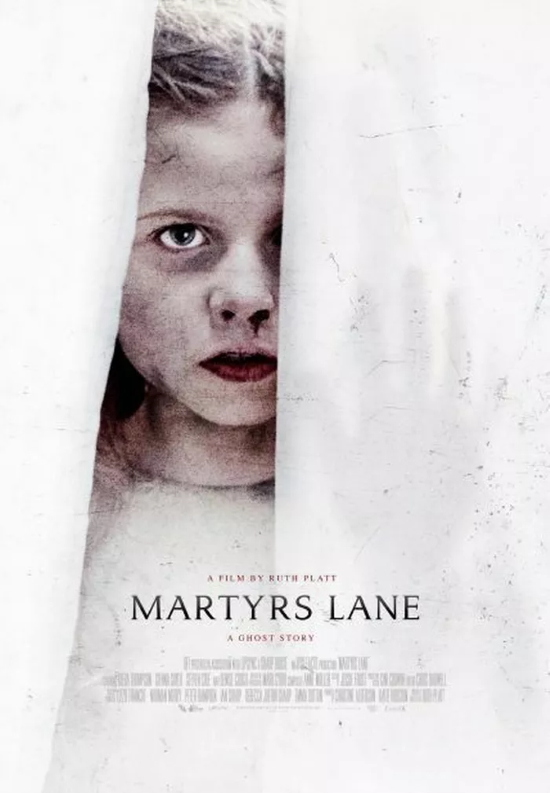Goth Chick News: Netflix’s Night Teeth is a Surprisingly Fun Vampire Thrill Ride
As “the season” came to a close for another year, so did my 31-day binge of all manner of scary movies. I had been saving Night Teeth on Netflix for Sunday afternoon before the official trick-or-treat hours kicked off. I wasn’t expecting much so I was prepared to bail on it and watch something more traditional. Instead, what I got was a very pleasant surprise.
The premise shown in the trailer is what first got my attention. I love a good vampire tale, especially when it has a unique spin (like Midnight Mass). Night Teeth tells the story of Bennie, an aspiring young musician from East L.A. (played by Jorge Lendeborg Jr. – Spiderman: Far from Home) who takes his brother’s limo shift to earn some extra cash. He winds up hosting two swanky young ladies on what looks to be an all-night party hop. What he doesn’t know is that the two are vampire assassins sent by their boss to wipe out his rival, blood-sucking gang leaders in a bid to take over Los Angeles.

